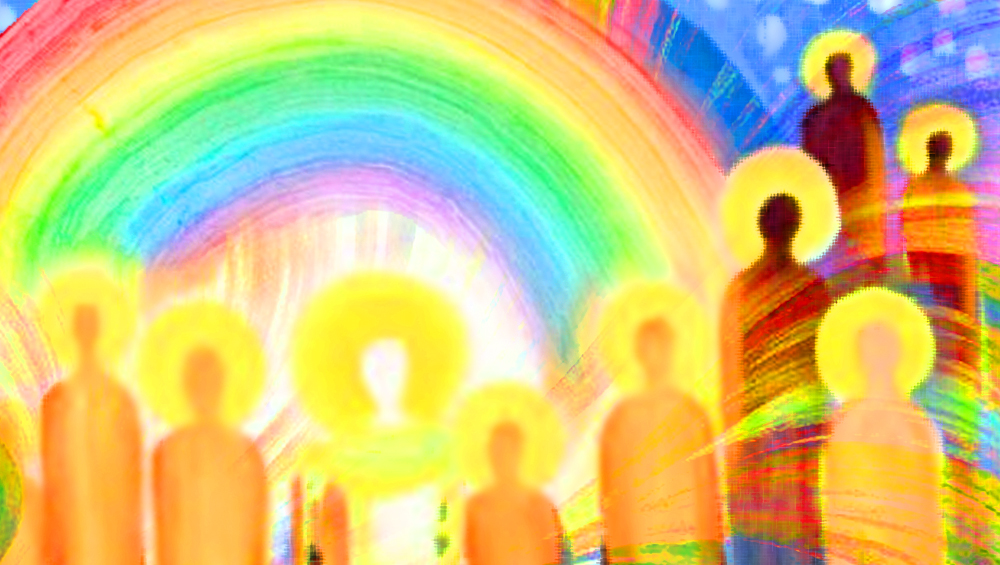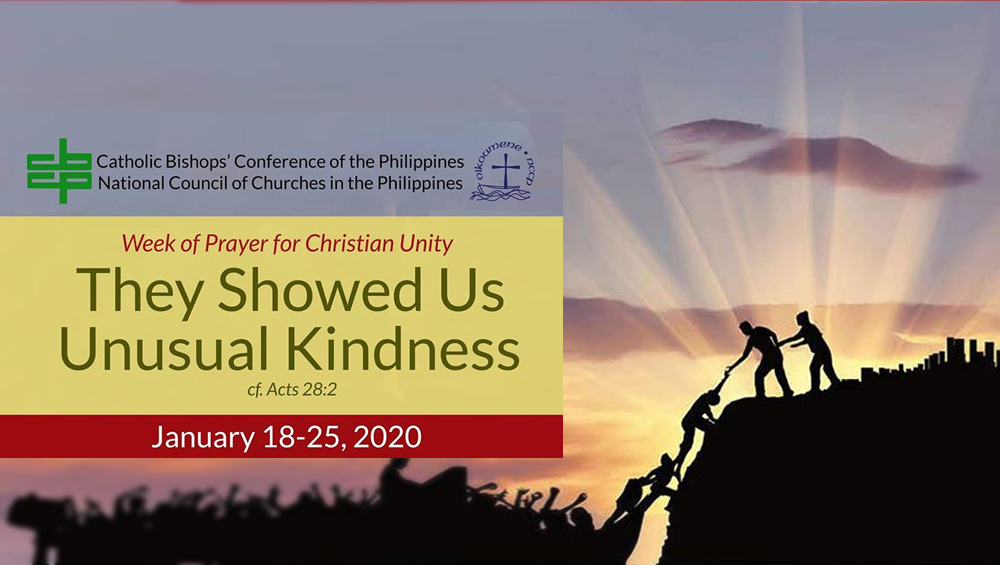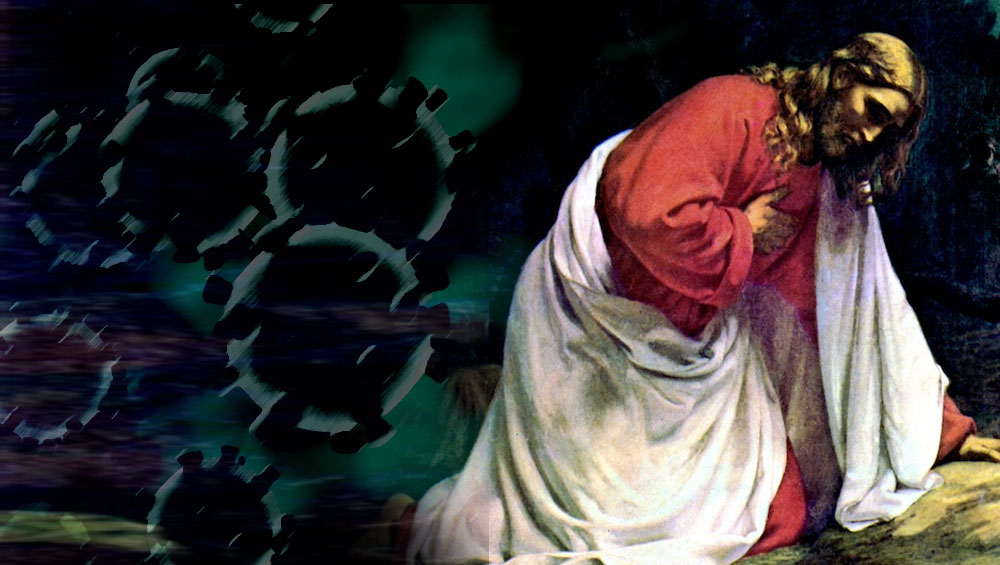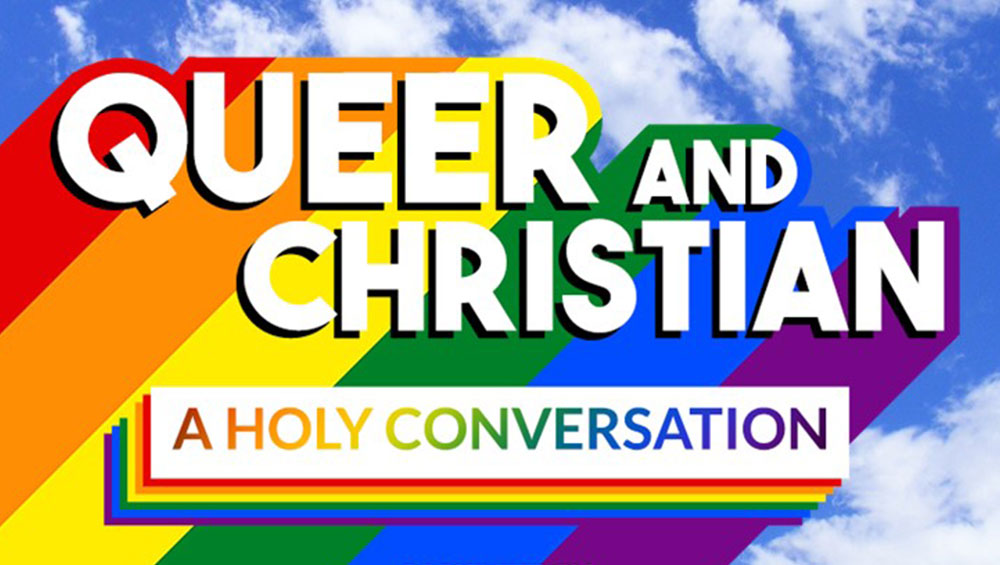After this I looked, and there was a great multitude that no one could count, from every nation, from all tribes and peoples and languages, standing before the throne and before the Lamb, robed in white, with palm branches in their hands.
Revelation 7:9
Who do you consider as a saint in your life? Who is your favorite or most admired saint if you are Roman Catholic? Ako, I have a liking for St. Francis and St. Clair of Assis, St. Peter Claver, St. Oscar Romero, and recently St. Hildegard of Bingen ang St. Julian of Norwich. Of course, I like some of the writings of Martin Luther but don’t like him much as a person, especially in later years of his life. I also consider the theologians, Marcella Althaus-Reid and Theodore Jennings as Queer saints. I admire the life and ministry of Father Pops Tentorio an Italian missionary priest murdered allegedly by government forces because of his ministry and advocacy to protect the indigenous lands of the Lumads in Mindanao. Also Rev. Vicky Gibbs the associate pastor of Resurrection MCC who recently passed away due to COVID-19. Her way of life was to care for people and to challenge others towards justice work. There are many other saints I consider in my life and there are a variety of saints – Of course my beshies Pastor Carleen and Pastor Radz, and Pastor Kakay who exemplify service and solidarity for the poor and other oppressed sectors, are those I consider as living saints. Our MCC founder, Rev. Elder Troy Perry who boldly preached inclusion and radical love, and who was an activist for LGBTQI+ civil rights is a living saint and prophet. Rev. Troy was canonized by the Sisters of Perpetual Indulgence as a living saint many years ago. We also remember the 32 martyrs of the New Orleans massacre, many of which were MCC members including their Pastor. Rev. Bill Larson. My former seminary professors, Revelation Velunta, Lizette Tapia, Anna Skaggersten, Ferdinand Anno, and also Pastor Kakay – Saints of theological excellence – Doctors of the Philippine Church. Other people I consider as saints and as remarkable people of faith would be Bishop Toquero of the United Methodist Church and Bishop Rex Reyes of the Episcopal Church, Rev. Miak Siew and Pastor Pauline of FCC, Rev. Irma of UCCP and Padi Noel Bordador from the Episcopal Church. Could I ever forget the saint who lived and worked among us in Open Table MCC, Choi Discipulo? But even more so are the countless living saints, prophets and martyrs serving and organizing among the different sectors. There are countless people around us who embody God’s love and holiness, even among LGBTQI+ persons. They are the individuals who both inspire and challenge us to seek God and embody our faith through the integration of prayer, service and love for others.
There is a rich and diverse theology and tradition in Christianity regarding saints. Saints are those individuals who have lived a life of prayer, self-less service or even martyrdom. This is most pronounced among Roman Catholics, Coptic Christians and Eastern Orthodoxy. The Roman Catholic Church even has a process and criteria of officially recognizing a ‘dead’ person as a saint. Being canonized as a saint means this particular person may intercede in our behalf. Pray with us and pray for us. It is a misconception that some Christians pray to saints and it is the saint who grants “wishes” or petitions. All prayers remain to be directed to the sole object of praise and worship, thanksgiving and supplication, God.
This idea that holy people who have passed away are now in the presence of God is derived and interpreted from the words of Jesus in the Gospels of Mark 12:27 and Luke 20:38 — That God is a God of the living and not the dead. We also know that when the persecution of Christians worsened especially in the city of Rome sometime in the 1st and 2nd century, many Christians started to gather for worship in the catacombs, particularly in those burial sites of other Christian martyrs who died because of the faith. They believed that when they gather for worship and fellowship, the living saints and the saints who have already passed away are united – are in communion with each other – together worshiping and praising God. This is also derived from the theology of the Apostle Paul in his letter to the Romans 8:31-39, that in Christ all Christians are one and that nothing can ever separate us from the love of God and from each other. Not even death.
Some mainline protestants like those of the Anglican communion still recognize and believe certain traditions about the remembrance and honoring of saints. Some mainline protestants, are reclaiming the memorial of saints and other remarkable Christians as a way to be reminded of their own calling and duty towards Christian virtue and service.
In the more reformed tradition and in evangelical, pentecostal and free churches, saints are the baptized people of God, the church community striving to live a life of prayer and service in the here and now. The church on earth is THE gathering of saints. Rev. Troy Perry coming from the pentecostal tradition, in his preaching would often greet and address the congregations as “dear saints”.
Whatever is your belief or non-belief regarding saints I offer you my own personal spiritual insight about this:
1. There are Many Saints and some of them are not be Christian:
There are so many saints who strive to love and serve other people as their way of loving God. They are also saints and many of them are within our churches and many more are outside our churches – serving in farmlands, factories, hospitals, journeying to barrio clinics, providing care in facilities for the elderly and orphanages for abandoned children or working in mental health institutions, volunteering in HIV organization. Some saints may not even be Christians at all. In the gospel of Matthew chapter 25, Jesus says that those who follow him are those who feed the hungry, give drink to the thirsty, welcome the stranger and etc. What he meant the ones who truly exemplify faith are those who show compassion and love for those who are most vulnerable and are in need. The author of the gospel of John in the 13th Chapter says in the voice of Jesus, “I give you a new commandment, that you love one another. Just as I have loved you, you also should love one another. By this everyone will know that you are my disciples, if you have love for one another.”
We therefore conclude that anyone who loves and serves the poor, the oppressed and the marginalized are those who are following and embodying Jesus, and many of them are not necessarily Christians. And yes, some saints are gay.
2. Our Spiritual Ancestors:
Whatever is your tradition or non-belief in saints – consider the words of Jesus and the words of Paul – God is the God of the living and nothing can ever separate us from the love of God through Jesus Christ – Not even death. I personally believe, though I do not have proof, that our spiritual ancestors continue to be connected with us. Our spiritual ancestors – people of who experienced and exemplified the love of God in their lives – watches over us, guides us and joins their prayers with us and for us.
3. Their lives can teach us and guide us:
If you’re uncomfortable with the idea of ‘dead’ people, who as I explained are actually not really dead as per Jesus’ words, if you are uncomfortable with the idea of being connected with what you interpret as dead people, then consider this from an academic and historical point of view. Studying the lives and histories of remarkable people, especially those of today like the assassinated missionary priest, Father Pops Tentorio, the civil rights hero, Martin Luther King Jr and Rosa Parks, or anti-apartheid champion Nelson Mandela or even non-Christians like the assassinated Benezir Bhuto of Pakistan and Ghandi of India, or someone closer to home like the environmentalist Dr. Gerry Ortega – or even someone like Gina Lopez . Studying their lives and what they fought for may still prove to be useful in our own personal reflections and devotions. I saw a quote some time ago that says and I paraphrase, “the greatest and most urgent question of human life is, ‘what are you doing for others?’” Perhaps studying and reflecting on the lives of those who tried to answer this question may help us to also start living and believing that answers that same question.
4. To Be a Saint is to be Who You Are:
Saints live to the fullness of who they are. Saint Francis of Assisi did not try to become another Saint of the past. Therese of Lisieux did not try to be another Theresa of Avila. Saints live to be the person that they are. They live, pray and serve as they are. There are also many saints that are not part of the priesthood or a religious order. You do not need to be a priest, pastor or a nun in order to be a saint. To live a life of prayer, service and love is to also do so from all professions and walks of life. No matter who you are, where you’re from, how young or old you are, what profession you have and whichever gender identity or sexuality you identify with, you are called toward transformation and embody God’s love with our own unique gifts and even your own unique imperfections. The first step to sainthood is to embrace who you are as a person and then to recognize your unique self as a worthy channel of God’s love to the world.
5. Saints are not perfect individuals:
They are as human as any of us are. Some of them lived terrible lives before seeking God. Some of them continued to struggle to live as good persons while dealing with temptations, emotions and other internal conflicts. Some had to continue living a life of prayer while dealing with what John of the Cross described as “the dark night of the soul”. The only difference is that they made a choice to seek God no matter what. They made an intentional effort to allow God’s love to transform them and listen intently to God’s calling to love the brokenness of our world, even when sometimes that may cause them to get hurt, disappointed or even as Christ Jesus did – give one’s own life for the sake of others like the martyr Maximillian Kolbe. Yes, you and I, all of us, can be saints if we begin make a choice to allow God’s love to transform us no matter what happens or comes our way. We can be saints if we begin to listen to God’s whispering voice and responding the best we can as the person that we are.
All saints and holy people of God, pray with us and for us and for those who will be affected by Typhoon Rolly.



